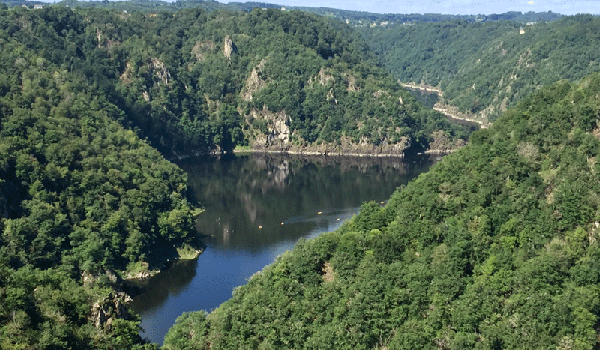
|
|
|
Open sessions > S.9 – Mapping and Tools about Landscape ChangeS.9 – Mapping and Tools about Landscape ChangeChair – Baas Henk, Cultural Heritage Agency Abstract: Cultural landscapes are dynamic. They will change in the (nearby) future, as they have before due to environmental, demographic and/or societal change. In the history of the PECSRL-conferences, there has been strong focus on the history of our landscapes. But the PECSRL-conferences are also about connecting landscape and heritage to future developments, such as climate change, agriculture, urban growth and land abandonment. Knowledge about the past can contribute to policies facing new social, economic and environmental change. This was also one of the key elements of the JPI-project CheriScape (www.cheriscape.eu). The proposed session is about connecting heritage with landscape, in a deep conviction that heritage and landscape are both ways of seeing and acting that help people make the transition from past to future. As such, it helps society achieve the main theme of this PECSRL-conference, namely Quality of Life. Mapping and characterisation (often in context of the European Landscape Convention) are essential in understanding the values and dynamics of our cultural landscapes. But often, a map is no more than a collection of dots, that gives no sufficient explanation about change whatsoever. A landscape biography is an instrument that provides deep insights into landscape change, but it is not a map. Spatial planners, urban developers, landscape architects and other specialists who are involved in shaping our landscapes, are mostly focussing on maps as the central tool for exchanging information. So, if we want the latter to understand landscape change, we have to put this kind of knowledge into maps. But can this be done without making a pastiche of the complex and diverse changes that our landscapes face, have faced and will have to face? In this session we want to focus on papers about all kind of instruments (such as maps) and research related to landscape change. We challenge researchers to join our session and to share their insights on mapping and connecting landscape change to new policies on quality of landscapes, quality of food and quality of life. E.g. how can GIS tools help professionals in gaining information about the processes of change in landscapes? Organized by Henk Baas (Cultural Heritage Agency Netherlands, chair), Edwin Raap (Landschap Noord-Holland NL, rapporteur), Niels Dabaut (PhD Newcastle University, rapporteur), prof. dr. Veerle van Eetvelde (University Ghent) and prof. dr. Hans Renes (University Utrecht). ProgramTuesday, Clermont-Ferrand, 16:30-18:30 – S9 (1) Chair – Baas Henk and Edwin Raap Cultural Heritage Agency
Thursday, Mende, 14:00-16:00 – S9 (2) Chair – Baas Henk and Edwin Raap, Cultural Heritage Agency
Thursday, Mende, 16:30-18:30 – S9 (3) Chair – Baas Henk and Edwin Raap, Cultural Heritage Agency
|


